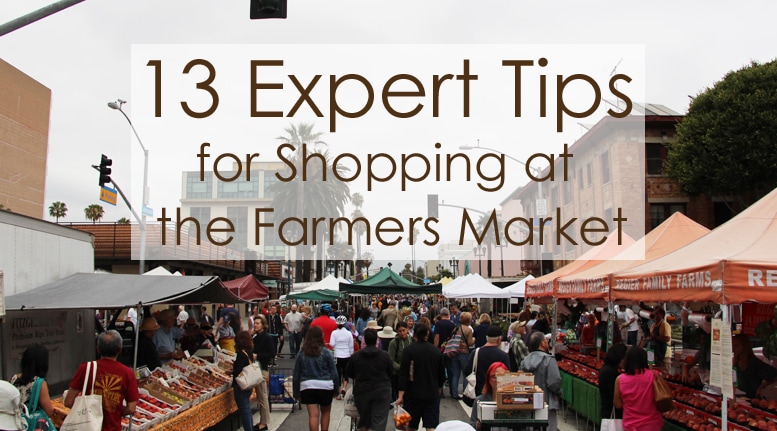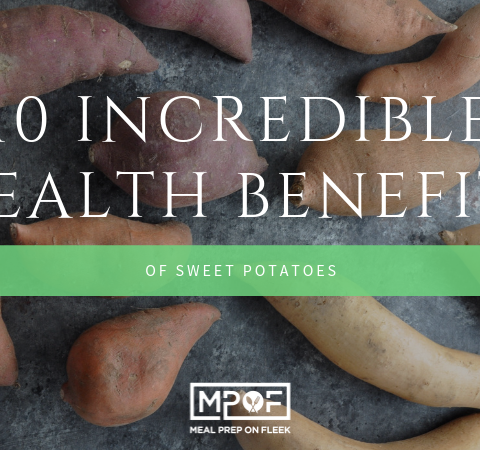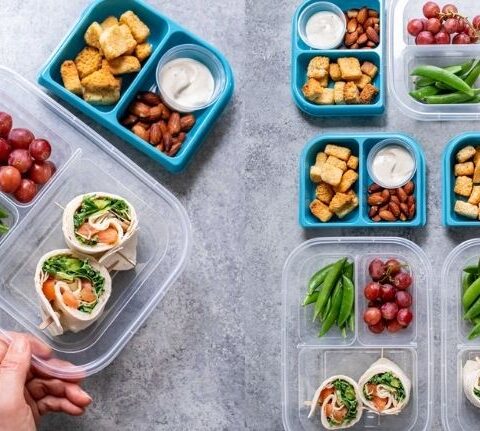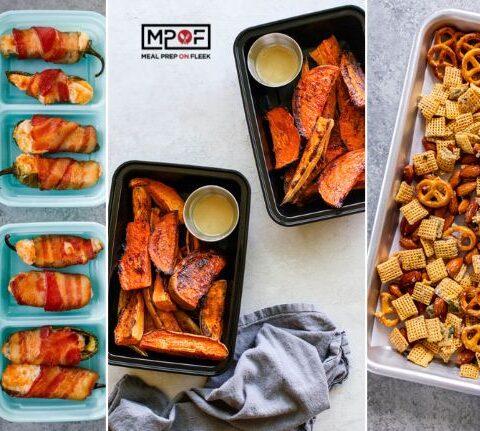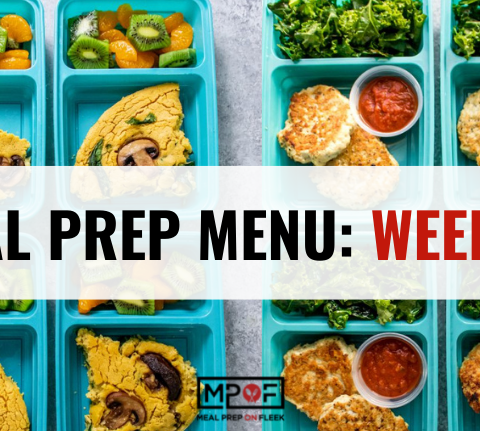Want to know how to get the most out of your next farmers market trip? Here's how to make shopping at the farmers market more productive!
Let’s just get this out there first … Benjamin Franklin said it best, “If you fail to plan, you plan to fail.” This is the case with LIFE! I know it hurts, but try taking a few minutes out of your day to think through what you want to make in the days ahead. Also, the more information you have, the better decisions you can make.
Shopping at farmers markets could be the best thing you do all week...or a total waste of time. Yes, it is the easiest way to eat locally, but if you're not smart about shopping you'll end up with a bunch of local produce that gets tossed in the trash. You wouldn't be the first shopper to get home with bags of produce that go uneaten. Just saying... A bit of planning can keep weekly shopping for produce fun and make cooking a snap all week long.
Here are 13 Expert Tips for smarter shopping the farmers market:
1.Know the Seasons
There are so many benefits to eating with the seasons, like; getting the most nutrition density, tons more flavor, decreasing food waste, and supporting your local economy. If you know a bit of what to expect in the Winter, Fall, Spring, and Summer, when you get to the farmers market, making decisions at each stall is much easier. The Spruce put together an A-Z list of what in season, but keep in mind that this list may vary based on your geographic location. So take some steps to learn more about the items grown locally to you.
2. Plan your meals (literally bring a list)
Now that you know what you're likely to find at the farmers market, you can do a bit of meal planning and shop accordingly. For example, if local asparagus has just come into season and you can't get enough, you may want to think about combos that include asparagus, like this salmon, quinoa, egg and asparagus meal prep.
Here are a couple helpful shopping list resources
3. …But still be flexible
While planning is still a major key, think about these two situations:
- Leave a bit of wiggle room for those Harry's Berries you didn't know would be at market so early, or the tropical fruits you've never tried before. Trying new things is part of the fun of going to farmers markets.
- Have healthy swaps in mind, just in case Mother Nature throws a curve ball and wipes out an entire crop or leafy greens. I've seen it happen with extreme heat or unusual rain fall.
4. Take a lap
Take a lap around the market and notice the prices/quality for things you want. You will often find better deals/quality further along. If you don’t go back to the first stand.
5. Think about timing
Be conscious about what you want these items for. Do you want them for eating now or will you cook them in a few days? This will determine the level of ripeness you want to look for. For example, if you are looking for something to eat today, look for a tomato that is fragrant when you pick it up, plump, gives a little to gentle pressure, and has good color. If you plan on cooking that tomato in a few days, you might take one that is a bit more firm, may still be transitioning in color from green to red, and needs a day or so in the kitchen window sill. Same goes for almost all fruit.
Pro Tip: Smell is the best way to tell if a fruit is ripe. It will give off a natural fragrance when it's ready to be eaten
6. Go early (or go late)
There are two different trains of thought here. You could get there early before things get picked over. As an added bonus, you'll have smaller crowds to fight through. Also, the best goods go first. and the more popular-but-limited items will sell out before the day is done. It's pretty straight forward.
If you're looking to save a buck and don't mind "ugly produce" it is worthwhile to come late. A lot of produce will then be offered much cheaper (strawberries that are not likely to look so well on Monday for example) and you can save a lot of money by buying late and then freezing or preserving the produce.
There are obviously exceptions to every rule, so try going to your market at different times to figure out the best time for you.
7. Bring big bags & small change
Some farmers market vendors offer bags, but they tend to be thin and flimsy plastic ones that groan under the pressure of any substantial produce purchase. Make sure everything gets home from the farmers market without crashing onto the sidewalk or spilling onto the floor of your car by bringing your own sturdy canvas or nylon bags. A backpack can make the hauling easier, especially for weighty or bulky items. I love RuMe bags because they fold small and carry tons. Although vendors will make change, purchases will go easier and faster if you have exact (or close to exact) change. At some farmers markets "small change" means dimes and nickels. In larger urban areas many products at farmers markets are sold in dollar or fifty-cent increments.
8. Know what you eat the most of... buy in bulk
The best deals at the farmers market are had when you buy in bulk. You'll enjoy the best flavors and the best prices when you buy lots of whatever is at its harvest peak. How to use it all up? Try new recipes with favorite vegetables or learn the lost art of preserving food. Freezing, canning, and drying are just some of the ways you can save seasonal tastes you find at the farmers market for later in the year.
9. Meet the growers
Have a good relationship with your supplier and good things will come out of it. He knows you, he knows what he has, he knows what you want and will pay, he will give you good product so you come back next time.
If you find a vegetable that’s new to you at the farmers market and want to give it a try, ask the farmer how to prepare it. For the best tips ask how they like to eat it.
10. Set a budget
This is just another way to win at life. If you don’t know what competitive pries are, you will overpay almost all the time. Know how much a bunch of carrots costs at the store (usually about $.89 for a bunch) and know how much of that you will eat in the coming days to avoid throwing food out.
11. Invest in wheels
If you buy a lot every week, consider acquiring a wheeled cart or wagon (strollers make wonderful conveyances for fruits and vegetables) to get your haul from the farmers market home in one trip. (But please, oh please, pay extra attention to fellow shoppers and the stalls as you push or pull your wheels through the farmers market!)
12. Step up your produce knowledge
The tastiest and most nutritious fruits and vegetables are not necessarily the biggest or best looking. Plant breeders often develop new varieties based on considerations like yield, ease of transportation, or consistent ripening at the expense of taste and nutrition. Smaller, heritage varieties with minor blemishes because they have been left to ripen longer before being harvested, and which have been quickly transported to market to preserve freshness are my favorite.
13. Make friends
Because that's what life is all about. Enjoying conversation sharing food, and creating relationships. Love ya

